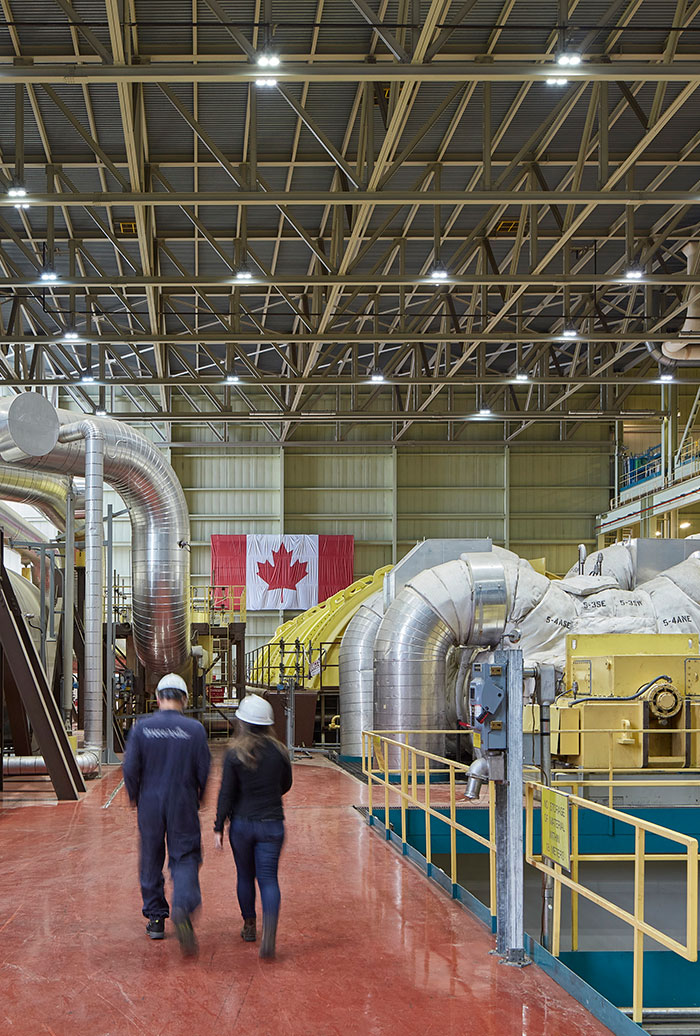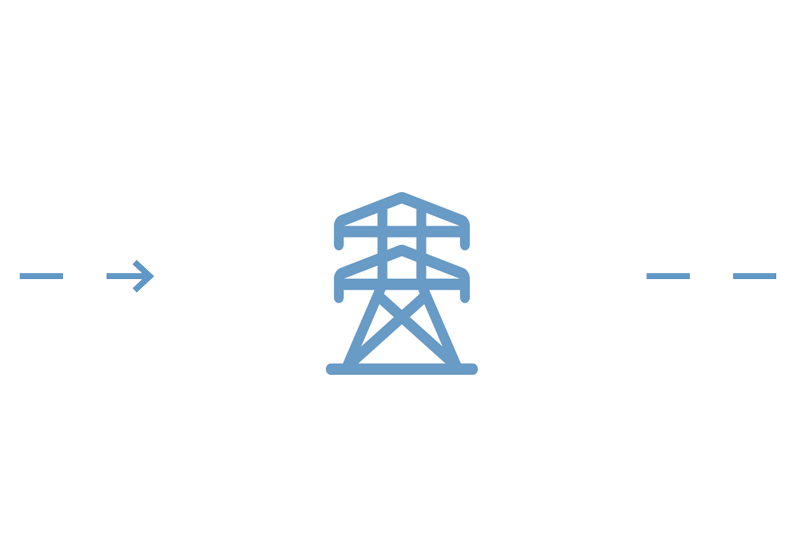As a leading producer of carbon-free electricity for the province, Bruce Power now offers clean energy credits (CECs) to help Ontario corporate electricity customers reach their environmental and sustainability goals.
What are clean energy credits?
Clean Energy Credits are electronic certificates that businesses can purchase from Ontario clean energy generators, including nuclear operators, to offset Scope 2 emissions from their Ontario-based operations in order to achieve voluntary environmental targets.
Bruce Power’s Clean Energy Credits
Bruce Power’s CECs are created from our investment in new and incremental nuclear generation output through a series of power uprate projects under Project 2030 and our Life-Extension Program. By providing additional incremental carbon-free generation to the Ontario power grid, Bruce Power is helping to keep the grid clean by reducing the Independent Electricity System Operator’s (IESO) need to dispatch additional natural gas generation. For additional information, please contact a member of the Net Zero team, below.
Our nuclear advantage
Non-carbon emitting nuclear power is the backbone of Ontario’s clean electricity system, providing reliable, carbon-free power for the dynamic needs of our province. Bruce Power is proud to generate 30 per cent of the clean electricity used to power Ontario’s hospitals, schools, businesses and homes.
A Cleaner Tomorrow
Net Zero 2050
Carbon Offset & Credit Policy

How do Clean Energy Credits work?

Energy is generated from clean, emission-free sources such as nuclear, hydro, wind or solar.

That power is supplied to the grid. Each MWh is eligible to be sold as a CEC.

Companies looking to offset their emissions can purchase the CEC and register it with the Ontario CEC Registry which facilitates the CEC transfer.

Proceeds from the sale of CECs will go into a Future Clean Energy Fund (FCEF) which will be used to keep electricity costs down and to fund the construction of clean electricity projects in Ontario.
Frequently Asked Questions
On March 29th, 2023, Ontario launched Clean Energy Credit (“CEC”) registry. CECs are electronic certificates used to demonstrate that clean energy from Ontario based generation has been acquired to meet a voluntary target. Generators of biofuel, biogas, biomass, hydro, nuclear, solar and wind are eligible to participate in the sale of CECs in Ontario.
Each credit represents 1 megawatt hour (MWh) of clean energy that has been generated and is intended to be exclusively purchased and claimed (or retired) by a load customer within Ontario. For the Ontario Program, CECs are generated and used to offset load in the same vintage year. CECs must be transferred and retired before June 30 of the following year.
Eligible generators and loads participating in the sale and purchase of CECs are to register with Midwest Renewable Energy Tracking System (M-RETS).
The Midwest Renewable Energy Tracking System (M-RETS) is a web-based system that creates unique certificates, track serial numbers, track certificates in company accounts, enable transfers and transactions, track certificate retirement, and enable compliance reporting with a full audit trail.
The Midwest Renewable Energy Tracking System (M-RETS) creates a renewable energy certificate (REC) for every MWh of renewable energy produced in the region, tracks the life cycle of each renewable certificate created, and ensures against any double-counting or double-use of each certificate.
Ontario Program Participants are required to register a General Account subscription. This type of organization can register and maintain generators, manage credits (hold, transfer and retire), participate in the Ontario Program. The General Subscription is charged an annual fee.
- Partner with a clean, non-carbon emitting source of generation that brings innovation & technology to deliver incremental clean generation to the province.
- Bruce Power’s CECs are generated from new and incremental output, which are primarily from out power uprate projects.
- Bruce Power’s CECs are generated from local Ontario-based resources.
- Proceeds will be utilized to support further decarbonization efforts.

